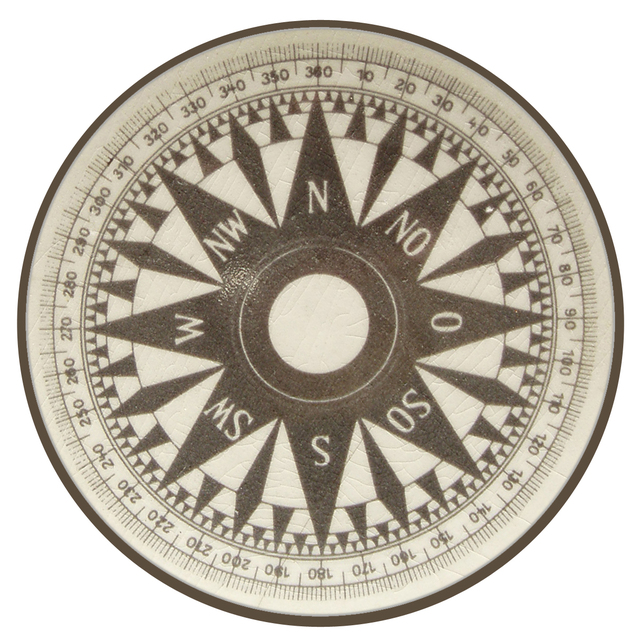We get a lot of people asking us about the ‘F’-word.
Feedback
Almost every question we get is about how to deliver effective feedback. And that’s a great question.
Often overlooked and at least as important…
How to receive feedback.
People who receive feedback well perform better. They learn and grow faster. They develop more meaningful and more beneficial relationships. Their careers thrive with allies to push them along. Feedback fills in our blindspots, provides motivation, and nurtures relationships.
Today I’ll focus on the corrective kind of feedback.
(I’m not a fan of the concept of “positive” and “negative” feedback. It’s all useful. I prefer “corrective” and “congratulations.”)
So, a brief treatise on taking it in… without shouting the famous F-word in response.
What to do when receiving corrective feedback
- Assume positive intent. Decide as a matter of personal discipline that the person speaking to you intends the best for you. Usually it’s true. Even when it’s not, you’ll be well served to act and think as if it is.
- Say, “Thank you.” Whether someone is giving you kudos or correction, the first relevant response is, “Thank you.” Especially if someone is giving you critique, they’re taking a risk to provide you with input.
- Seek to understand. Do you understand what the other person is saying and why? “You need to do a better job connecting with the audience.” That could mean so many things… It could mean: a)Tell stories that relate to their lives. b) Choose a topic that they care about intrinsically. c) Make more eye contact. You can’t do anything with their feedback until it’s clear and specific. Help the feedbacker get there.
- Reflect. Reflect back what you’re hearing. “I think you’re telling me that they audience was disengaged because I was looking at my notes too much.” And, ask for examples from your behavior that reflect the criticism they’re offering. “When you’re telling the story of client success, you were reading the story from your notes verbatim. That’s a particularly important time to be a bit more off-the-cuff, and work on bringing the audience into your narrative.”
- Try it on. And… Don’t argue. Seriously. Don’t argue. You can take all the time you need to “try on” the critique you received — consider what parts of it may or may not be relevant to you. Take on what fits. Let go what doesn’t. Move on with your life. Remember, there’s not much feedback you get that doesn’t reflect some bit of important truth — at least in how you’re coming across.
- It’s never about the thing. It’s always about the relationship. This is so important and powerful a principle, our entire “Fundamentals of Adeptability” workshop (the 2nd of 3) is built on it. Don’t let the facts get in the way of the truth. The feedback we receive is rarely just about this moment. It’s a piece of a larger relationship. Feedback is a trust-laden exercise, and by your response, you’ll either invest in the trust account between you, or you’ll take a loss in that account.
I know…
This is an admittedly short and simplistic take on a complex subject. And like most things interpersonal — it’s also SIMPLE. Simple and DIFFICULT.
And receiving feedback well will serve you perhaps better than any other single skill you ever develop. And it makes you a safe and rewarding environment for others. It makes you a leader.
Try it. Commit to a significant trial period. If you’re like me, your ego will shout bloody murder. It wants you to fight. Or to flight your way right out of there. Have you ever watched yourself deny the validity of a criticism leveled at you, even when you knew it was right on the money? I have.
It’s profoundly powerful to stand in calm and to thank instead.
____________
If you’d like more on effective feedback — give and take — check out this past episode of our podcast, Mighty Good Work. https://www.theyesworks.com/business/mgw-16-drive-learning-and-growth-with-elaine-lin-hering/

